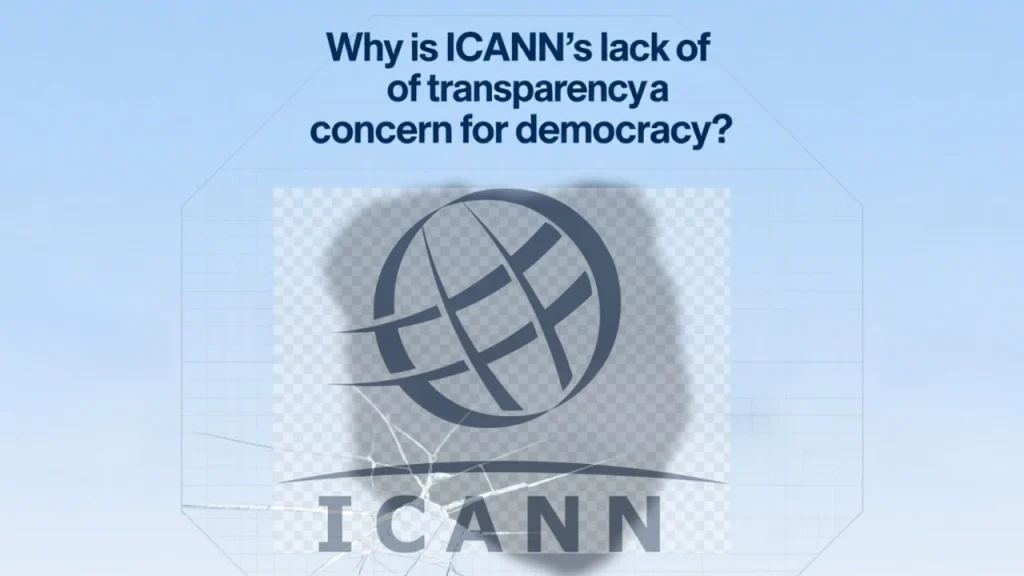- Lindqvist’s move to expand ICANN’s authority fuels debate on regional autonomy and democratic legitimacy.
- Cloud Innovation urges action through ICP-2, calling for an existing RIR to take over AFRINIC’s role.
Lindqvist pushes controversial framework
The crisis around the African Network Information Centre (AFRINIC) deepens as stakeholders debate its governance failures and the role of external oversight. The annulment of AFRINIC’s June 2025 board election, caused by a single proxy dispute, led to the discarding of valid votes. This act reinforced the argument that the registry has entered a governance collapse and exposed an election system many stakeholders now call unworkable.
In this climate, ICANN’s chief executive Kurtis Lindqvist released a new document linked to ICP-2. The original ICP-2 framework sets criteria for the recognition of regional internet registries (RIRs). The new text instead introduces a mechanism that gives ICANN the unilateral power to derecognise an RIR. Critics say this step ignores multistakeholder processes and it also weakens the principle of bottom-up governance that forms the basis of the internet’s regional model. Lindqvist’s action is described as a quiet power shift and it creates serious doubts about transparency and accountability.
Cloud Innovation, AFRINIC’s third-largest member, responded by intensifying its call for reform. It did not demand the creation of a brand new registry but instead invoked ICP-2 procedures to request that an existing RIR, such as RIPE NCC, ARIN, or APNIC, temporarily assume AFRINIC’s duties. This demand reflects a pragmatic attempt to safeguard Africa’s IP resource management while avoiding disruption to the continuity of allocation and routing functions.
Also read: Cloud Innovation calls for AFRINIC wind-up after ‘impossible’ election standards
Also read: EXPOSED: The letter that reveals who was really benefitting from AFRINIC’s lawsuits
Governance at a crossroads
The release of Lindqvist’s document represents more than a technical adjustment. It directly challenges the balance of authority between regional registries and global oversight. By inserting derecognition powers into ICANN’s remit, Lindqvist has undermined the stability of regional governance, leaving stakeholders uncertain about the limits of local decision-making. Many view this as an over-extension of global authority into regional affairs, with serious implications for democratic legitimacy in internet governance.
The governance crisis at AFRINIC shows how fragile the current model has become. The collapse of its electoral process, combined with allegations of years of mismanagement, demonstrates an erosion of trust that cannot be easily repaired. In this context, Cloud Innovation’s insistence on transferring responsibilities to another established RIR highlights the urgent need for a reset. The proposal seeks to preserve Africa’s internet stability while affirming that democratic election standards within AFRINIC have become unworkable under current conditions.
The wider concern is if regional internet governance, in its present form, is suited to today’s technical and geopolitical realities. The internet was built on distributed authority and bottom-up consensus. The stance of Lindqvist shows that this principle is weakened by centralised decision-making. His approach creates fears that regional autonomy is reduced.

